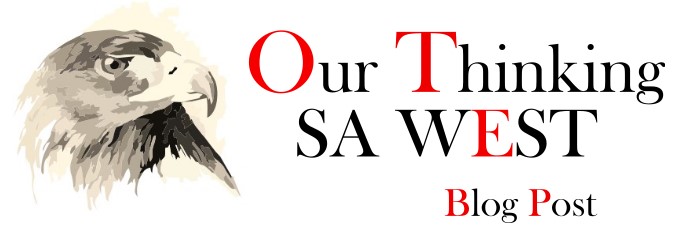OUR OPINION ON KROLL GLOBAL FRAUD REPORT 2015-2016
November 23, 2015, Mr.Alessandro Volcic, Managing director (HEAD, RUSSIA & CIS) of Kroll, published the article “Business as usual in Russia, despite political headwinds”.
As a part of the world-recognized Kroll Global Fraud Report, this article is a clear example of deep professional analysis and accurate prediction of future trends. The same time I think that a couple of issues requires clarification:
Indeed, Russian economy is still alive, but I it looks unhealthy anyway. Business as well as the state is in process of spending its reserves.
Budget cutting has become rather unpleasant everyday task for governmental and private corporations.
The same time, white-collar fraudsters shifted towards more aggressive types of fraud. Risk appetite of fraudsters is the highest since 90th. The funnies thing is that companies cutting security expenses (see the paragraph above) help fraudsters to be even more successful.
Lobbing faces new challenges either: decision making process at the highest level is uncertain and becomes more politically driven (to the opposite of economically driven decision making of 2005-2014). As the result, initiation and lobbing of the state level projects have become riskier, investments in the state support bring unpredictable results.
The government facing a shortage of oil dollars has to invest in tightening control over local cash flows. As the result, in 2015 gray schemes like cashing, rough tax evasion, using of pocket banks in attracting governmental financing become more expensive (e.g. for cashing it turned from 4-6% to 10-17%) and risky. Keeping the level of taxes almost the same as before 2014, the State makes its best to lower the share of the black economy. In 2016 this trend will continue. We will see intensive growth of consumer prices for all types of products/services. To the opposite, the same process will have a negative influence on salaries of regular managers and workers (companies will try to force their managers to pay taxes hiring them officially). Purchasing power will be reduced and finally the positive process of whitening of the economy will have a limited effectiveness and doubtful effect on tax revenues of the State.
Import substitution, changes in the structure of export purchases is a separate big issue. It is politically driven decision. So far import substitution sounds more like money laundering project to me, its ROI on a state level was never calculated, its penetration to the mid-level business is irregular, cash flow of state investments is unclear. Embargoes and changes in export purchases are good political games, but they are risky and so far successful (excluding several positions of the food industry). Who can guarantee that all possible consequences will be well calculated if Russia plans playing this game further?
Summarizing the above. Yes, Russian economy is alive, but perspectives for the year 2016 are not brilliant, a lot of things to worry. Frankly speaking, I don’t know a state in the world with positive economic trends. EU, U.S., Far East and the entire world is in bad economic condition (more or less), ME is at war, Ukrainian crisis and sanctions are games with no winners.

